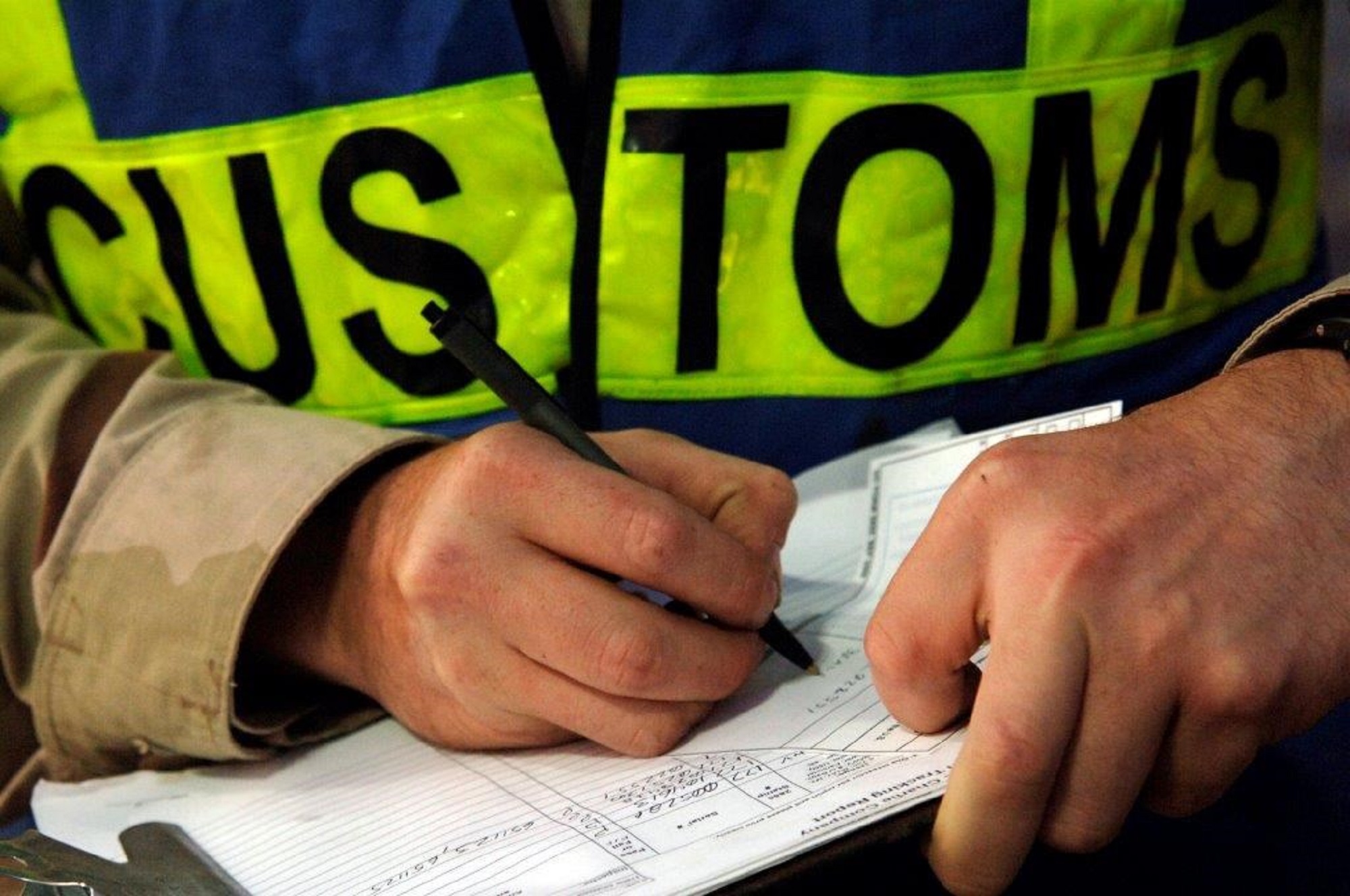The European Union (EU) wants to make the digital economy more transparent when it comes to taxation, and to make the levy of taxes more simple. An important step in this direction was the introduction of the platform fiction for VAT in 2021. This means that online platforms could be responsible for paying VAT on supplies of goods, which were concluded through their platform. Consequently, online platforms have, in a number of cases, become responsible for paying the VAT on goods sold through their platform. From 1 January 2023, there will be new additional obligations once the directive on the exchange of information for the digital platform economy (DAC7) comes into force. In addition to certain data on payments, platform operators will be required to supply the Dutch Tax Authorities with information about the sellers that are active on their online marketplace.
In 2019, the EU Member States lost an estimated EUR 134 billion in VAT income. Amongst other things, this was due to VAT fraud and evasion as well as incorrect calculations. DAC7 is part of a package of measures aimed at closing this ‘VAT gap’. The directive obligates platform operators to annually supply the Dutch Tax Authorities with information about the parties earning money through their platforms. This information is exchanged automatically with the tax authorities of EU Member States in cases where this information is relevant. Consequently, there is a clearer view of the full chain of transactions. It is also easier to determine at what moment a specific business may owe taxes.
Most important changes of DAC7
In addition to information about the sales of goods, DAC7 covers information about the rental of real estate, the provision of personal services and the rental of vehicles. From 1 January 2023 onwards, platform providers are obligated to collect and register information about the transactions of sellers who make use of the platform. The annual report must also contain information about their tax status and place of establishment. The platforms are responsible and liable for the correctness of the information. As they are to a certain extent dependent on the sellers in this regard, it is important for platforms to integrate control possibilities and due diligence in their processes.
What does DAC7 mean for platforms?
Platform operators are responsible for the primary actions and must submit the first report on the year 2023, from 1 January 2024 onwards. To this end, it is important that they:
register in one EU Member State;
determine whether they fall within the scope of DAC7 (some types of platforms are excluded);
assess which transactions fall within the scope of these regulations;
establish which data are needed, how these will be obtained and how it can be verified that they are correct;
implement any necessary adjustments in the systems and processes;
include controls and due diligence with regard to the correctness of the data about (and received from) the sellers of goods and the providers of services; and
collect the right data, from 1 January 2023 onwards.
What does DAC7 mean for sellers?
For parties offering goods or services online, DAC7 will mean that platform providers will request more information. The platforms will also conduct a more thorough due diligence, before sales can be made through the platform. Furthermore, it is possible that the platform will shift the liability for incorrect information, as well as the risk, to the seller. This may mean that sellers must carefully verify information provided about them.
In conclusion
Baker Tilly’s VAT advisors are familiar with all VAT developments and possibilities of optimising the VAT position of your business. Would you like to know what DAC7 will mean for your annual reporting to the Dutch Tax Authorities? Or would you like expert assistance with the required adjustments to your compliance framework? Please feel free to contact us.
The legislation and regulations in this area may be subject to change. We recommend that you discuss the potential impact of this with your Baker Tilly consultant.





